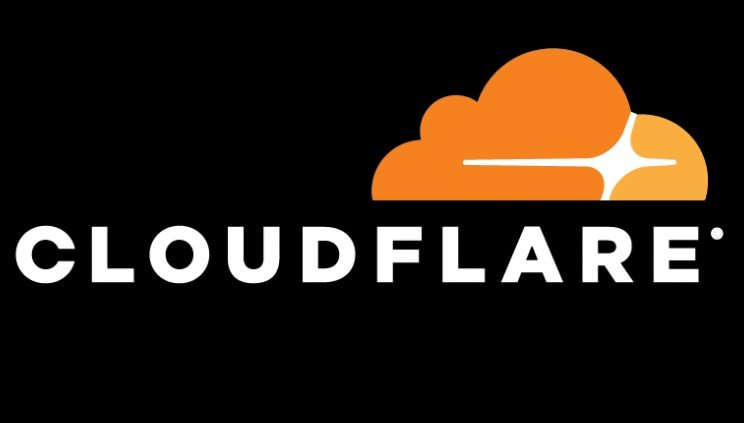 Popular Internet infrastructure company Cloudflare has come under a lot of pressure from copyright holders in recent years.
Popular Internet infrastructure company Cloudflare has come under a lot of pressure from copyright holders in recent years.
The company offers its services to millions of sites, including multinationals, and governments, but also some of the world’s leading pirate sites.
Rightsholders are unhappy with the latter and some have even accused Cloudflare of facilitating copyright infringement by continuing to provide access to illicit platforms. In Italy, these complaints have been followed by legal action from key music industry players, resulting in injunctions that require Cloudflare to block several pirate sites operated by its customers.
Cloudflare fiercely protests these and other blocking demands. The company sees itself as a neutral third-party service that merely caches or passes on content. Even when Cloudflare blocks sites or customers, the associated sites remain operational.
Music Industry Demands Cloudflare DNS Blockade
Rightsholders agree that there’s no silver bullet to stop piracy, but they argue that Cloudflare can and should do more to address the problem. In a case before the Court of Milan, they argued that Cloudflare should go even further.
In court, anti-piracy outfit FPM and the music group FIMI pointed out that Cloudflare’s DNS resolver is problematic too. This DNS resolver helps people to access pirate sites, even when the sites are not using Cloudflare’s CDN services. As such, Cloudflare should be required to block problematic sites on its DNS servers too.
After hearing these arguments the Milan Court agreed. It issued an interim injunction that requires Cloudflare to block three torrent sites: kickasstorrents.to, limetorrents.pro and ilcorsaronero.pro. These sites are already blocked by ISPs in Italy following an order from local regulator AGCOM.
Landmark DNS Blocking Injunction
This is the first time that Cloudflare has been ordered to make pirate sites unavailable through its public DNS resolver 1.1.1.1. This is an important expansion since many Italians switched to public DNS resolvers to bypass ISP blocking measures. With the court order, rightsholders can remove this shortcut.
“We welcome the Court’s decision which will further strengthen the ongoing infringing site blocking program performed by AGCOM in Italy, whilst also increasing the efficiency of the enforcement actions carried out by the rightsholders to protect their online content,” says FIMI CEO Enzo Mazza.
According to Mazza, the court order is an important next step in the protection of copyrighted content online. It recognizes the responsibility of third-party intermediaries under the EU’s new Copyright Directive and clarifies that companies such as Cloudflare can be ordered to follow ISP blocking orders.
Thus far, Cloudflare has refused to take action, even when AGCOM put sites on a blocklist. With the recent court order, the company will have no other option as there are potential sanctions on the line.
Google and OpenDNS?
In theory, similar injunctions could follow against other DNS providers as well, including Google and OpenDNS. “The ruling opens the door to others that offer similar services, such as Google,” Mazza told local media.
While this type of order is new in Italy, we have seen a similar injunction in Germany last year. A local court ordered DNS provider Quad9 to block a pirate site but the decision is still under appeal.
Cloudflare is also expected to appeal the Italian injunction, which is only a preliminary ruling. For the time being, however, it is required to block the three torrent sites on its DNS resolver within 30 days. This also applies to any future domain names the sites may use.
In response to earlier orders targeted at pirate sites operated by customers, Cloudflare has chosen to implement measures that are limited to Italy. The company hasn’t commented publicly on the recent DNS blocking order, but we expect that this will only be enforced locally as well.
From: TF, for the latest news on copyright battles, piracy and more.
Powered by WPeMatico
